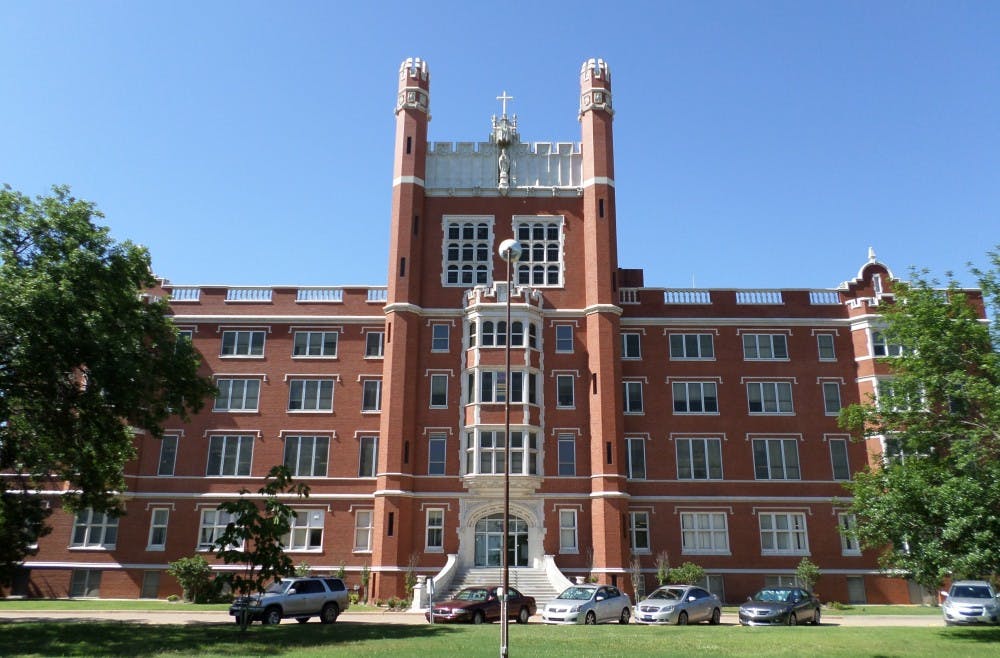St. Gregory’s University — a small, private, Catholic institution in Oklahoma — announced last week its plans to suspend all operations after the fall 2017 semester due to financial troubles.
According to a university statement made on Nov. 8, the board of directors at St. Gregory’s voted to close the university following a loan denial by the U.S. Department of Agriculture.
“Like so many small liberal arts colleges, St. Gregory’s has struggled financially for years,” the statement said.
Mike White, a junior at St. Gregory’s, said he was heartbroken when he learned his school was closing in December — especially when he considered the impact on those around him, particularly undergraduate seniors and graduate students having to restart their masters.
“I was speechless, and it wasn't until I heard a senior start to cry and say ‘I only had 12 credits left’ that I began to cry, too,” he said.
St. Gregory’s is not alone; multiple small, private universities have announced their closure this year, including the Memphis College of Art, set to close in 2020, and Saint Joseph’s College in Indiana, which closed in April.
Moody’s Investors Service released a report in 2015 which predicted the closure of small colleges to triple by the end of this year. The report found small universities have been losing market share since 2010, as students have begun to favor larger institutions due to their resources and alumni networks.
Paul Umbach, a professor of higher education at N.C. State University, said small universities are so financially unstable because they rely heavily on tuition for funding.
“If you think about a small school projecting an incoming class of 150 students, if they lose just 10 students, that is a huge decline in revenue,” he said.



